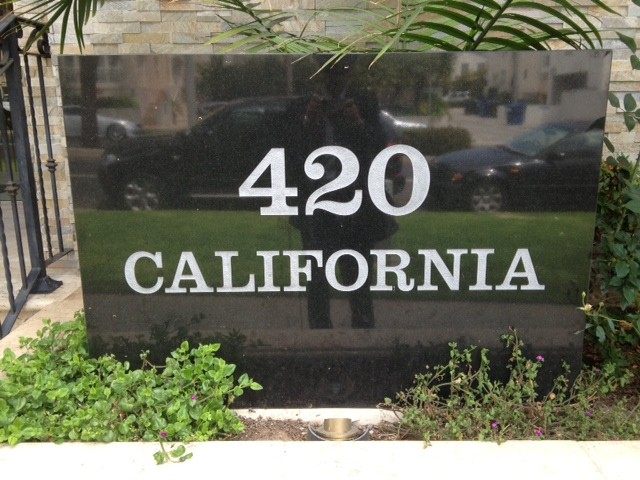California is confident that draft regulations will be ready by the end of November to start the billion-dollar recreational marijuana tax bonanza on January 1.
Beginning on January 1, California will join Nevada, Colorado, Washington, Oregon, Massachusetts, Alaska and Washington, DC as the latest state to legalize marijuana for recreational use.
The Bureau of Cannabis Control (BCC) told the California State Association of Counties’ Cannabis Working Group on October 30 that the state is on track to be fully prepared to deliver final draft controls in November, and go live with the launch of temporary licensing for recreational marijuana sales at the start of the new year.
Snce September 6, the BCC has successfully hosted at least 7 public workshop meetings on the administration of medical and “adult-use” (bureaucrat term for recreational) cannabis in California.Topics addressed have included licensing for retailers and distributors, protocols for testing labs to track legal marijuana cultivation, and procedures for the administration of tax collections.
After voters passed the California Control, Regulate and Tax Adult Use of Marijuana Initiative (Prop 64) by a 57 to 43 percent margin last November, New Frontier and ArcView Market Research estimated that the statewide market for legal cannabis could reach $6.6 billion by 2018. That will almost double the $6.7 billion legal market in 2016.
Legalized marijuana and hemp will soon be subject to a California state excise tax rate of 15 percent on final sales, plus a cultivation tax of $9.25 per ounce for flowers and $2.75 per ounce for leaves. At a $6.6 billion sales level in 2018, California should generate about $1 billion in taxes that politicians can spend on a discretionary basis.
But many of California’s 58 counties and 482 cities are also competing to cash in on the recreational marijuana bonanza by tacking on a local sin sales tax of up to 25 percent of the purchase price. Cities including Tulare, Coalinga, Del Rey Oaks, and others have stated that they will use local marijuana tax collections to pay for rapidly increasing public pension contributions that are threatening their solvency.
The City of Los Angeles made $21 million from taxes paid on sales of medical marijuana in 2016, but local politicians are almost giddy about the $50 million more in sin taxes that L.A. expects to make from recreational marijuana sales in 2018.

COMMENTS
Please let us know if you're having issues with commenting.